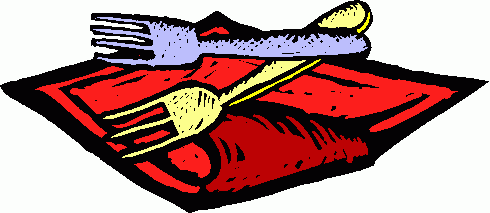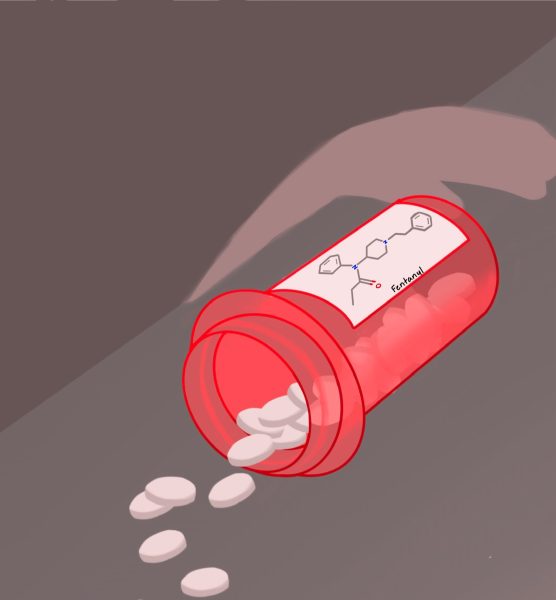Eating to Win
A Guide for Student Athletes

Given all the class work, sports practices and extracurricular activities occurring in a high school athlete’s life, nutrition might not be a priority. However, research from the National Institutes of Health shows that it is imperative for athletes to possess a healthy diet in order to perform their best and recover quickly.
While carbohydrates typically have a bad reputation, they are actually vital to an athlete’s diet, providing energy for muscle function and the central nervous system.
“Carbs are the body’s preferred energy source,” University Hospitals nutritionist Amy Jamieson-Petonic said. “They are also the fuel for muscles for exercise and are critical to athletic performance.”
Without eating enough carbohydrates, athletes will not have the energy they need to be active. According to Iowa State University’s College of Human Sciences, carbohydrates can be categorized into simple carbohydrates, smaller structured sugars found in candy, soda, or juice and complex carbohydrates, which are larger structured starches and fibers, found in bread, pasta and cereal.
“[Athletes should ] consume [carbs] at least one to two hours before a match, and not sooner than that, as the body needs time to process them and get ready for a big game,” Jamieson-Petonic said.
In addition to carbohydrates, it is important to get enough “good” proteins and fats in an athlete’s diet. Jamieson-Petonic defines good sources of protein as “turkey, chicken, fish and lean beef that is baked, broiled or grilled.”
Proteins are important for maintaining muscles, as well as for muscle growth. However, eating more protein does not equate to a more toned body.
“About 10 to 15 percent of an athlete’s total calories should come from protein, with the remaining calories coming from carbohydrates and fat,” Jamieson-Petonic said.
Additionally, fats are an important source of energy for athletes, but are mainly suggested for low to medium intense workouts.
“Good, healthy fats like nuts, seeds, peanut butter, avocados and extra virgin olive oil for cooking foods will provide good calories for an athlete,” she said. “Fried foods are too high in fat, and tend to be very hard to digest, which can leave an athlete feeling sluggish.”
While watching what one eats should be important to a student athlete, many also find staying hydrated is a key step to maintaining energy levels through physical activity. According to WebMD, dehydration can lead to dizziness, sluggishness and, in extreme cases, fainting. Sweating can cause rapid loss of fluids. Thus, intense exercise, particularly in hot weather, can be a cause of dehydration.
When possible, student athletes are advised to drink chilled liquids, rather than beverages that sit at room temperature, as it helps cool down as well as hydrates the body. Sweating not only signifies a loss of liquids but also means losing electrolytes, which help transmit signals in the body. Sports drinks, such as Gatorade and Powerade, are suitable options to replenish these lost electrolytes.
Eating healthy and staying hydrated during exercise can greatly impact the performance of athletes. While there may be some variations in diets between a cross country runner and a quarterback, this nutritional advice can be applied to all athletes.
Student athletes are advised to allot some time for maintaining hydration and a healthy diet. These simple health tips allow for increased athletic performance and a more active lifestyle as a whole.












